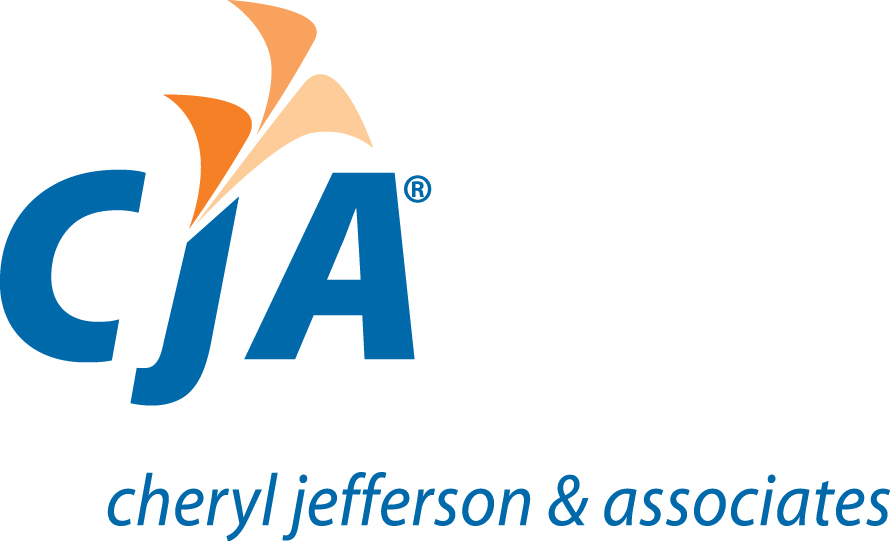Article published in the Business Monthly, January 2010, written by Cheryl Jefferson Cooke, CPA
The DCAA Approved Accounting System Myth
Myth: I can buy a DCAA approved accounting system in a box.
Many government contractors are probably searching for the elusive DCAA approved accounting system. They want to know which brands are approved and how much they costs. Some are more interested in a specific software package because they have been told the DCAA auditors are more lenient if you have it. However, the problem is that a DCAA approved accounting system does not exist right out of the box. Two companies can purchase the same exact accounting package and one will pass an audit and the other may
not.
Truth: DCAA does not endorse any accounting software package.
DCAA approves an accounting system based on a set of evaluation criteria. This audit is often referred to as an accounting system audit, pre-award accounting system survey, or post-award accounting system audit. The most common accounting system evaluation is the pre-award survey. It is usually conducted upon award or preliminary award of a cost reimbursable type contract. However, a government agency can request an accounting system audit of the contractor for any type of contract being awarded. The evaluation is based on standards required by Federal Acquisition Regulations and the criteria are applied to all accounting systems, regardless of the name, manufacturer, or price of the software package in use. The accounting system audit addresses important requirements such as job cost, separation of unallowable costs, and indirect costs. The accounting system must be able to segregate cost according to projects, contracts or jobs. Any accounting system that can track job cost has the potential to be approved after an audit. A low-end general accounting package is just as “approvable” as a high-end accounting package designed especially for government contracting if it can track job costs. Another feature that increases the chances of passing an audit is the ability to distribute labor or payroll costs to jobs…with the system. This is often referred to as labor distribution.
Truth: An accounting system is more than accounting software.
Another problem with the “in-the-box” DCAA approved accounting system is that many believe that the software package IS the accounting system. An accounting system is far more encompassing. It includes not only the software package, but also the policies and procedures the company has in place that governs how transactions are put into that software. Some policies and procedures may include timekeeping policies, cost segregation policies, and internal control over accounting transactions. The software is just the tool that a company uses to store accounting information. How the information gets in there, what gets in, how often it gets in, and who says it gets in…is the very function of the policies and procedures. Now, while everyone involved in the accounting functions may know the proper way to handle transactions, the policies and procedures still need to be documented. Documented policies provide proof that you actually have them and they provide a framework for new employees or other staff to follow consistently. For government contracting, two of the most important policies to have in place are the cost segregation policies and time reporting policies.
Truth: QuickBooks or most commercial job cost accounting software can pass a DCAA audit.
The Federal Acquisition Regulations only require that the system be able to track job cost in accordance with its rules. In fact, most job costs accounting systems can become compliant. Many probably are already in operation but the system’s terminology is just not in terms government contractors expect. QuickBooks is the easiest because it is user-friendly and is basically a desktop system that doesn’t have to be run on a server. However, industry-specific software can be tweaked to segregate direct and indirect costs and to track labor costs by job or project.
Truth: DCAA will not audit you until a government agency asks them to.
Buying DCAA compliant software for a little bit of money or a whole lot of money will not bring a DCAA approval. DCAA is a government agency. Any work they do has to be authorized and paid by someone, and it can’t be the contractor. When a contractor has won or has the potential to win a contract that requires an approved system, the awarding agency’s contracting officer will request that DCAA audit the contractor. The contractor can’t call DCAA and request an audit on their own unless they have a previous audit that they failed. On some occasions, contractors working as subcontractors on very large prime contracts may be able to ask the Prime.
Update 2013—
DCAA has “upgraded” their preaward accounting system survey checklist (SF1408) to more than just a check-the-box form. It now requires narratives of how your system meets each of the requirements. This makes it more important that you have your system compliant, that it is really operational and you really have policies in effect prior to the DCAA audit.
